#georgett
Explore tagged Tumblr posts
Text
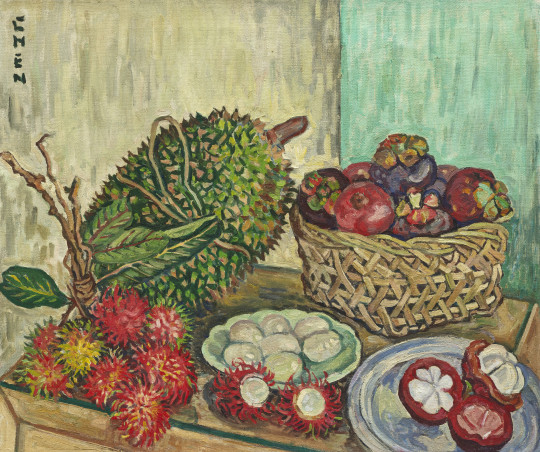
Georgette Chen (Singaporean, 1906-1993), Still Life with Big Durian, c.1965. Oil on canvas, 46 x 55 cm.
2K notes
·
View notes
Text








kate's 365 days of ships:
day 18: king george & queen charlotte queen charlotte: a bridgerton story
#qcabsedit#bridgertonedit#dailybridgerton#bridgertonlbr#perioddramacentral#perioddramaedit#perioddramagif#weloveperioddrama#otpsource#userotp#userdiamond#userbecca#userbbelcher#*qcabs#*mygifs#*queencharlotte#*kinggeorge#*georgette#c:king george#c:queen charlotte#otp:georgette#otp:my heart calls your name#tv:queen charlotte#k365ships
246 notes
·
View notes
Text

Perfect isn't easy
424 notes
·
View notes
Text




School girl Alfie + Georgette ✨
#alfred's playhouse#alfred alfer#school girl alfie#oliver and company#Georgette#80s cartoon#cartoon style#vintage#i dont support emily Youcis#digital art#art#artists on tumblr#my art#Emily Youcis
158 notes
·
View notes
Text



Duke Su summed up:

#cdrama#wang xingyue#the double#this is basically Duke of Avon from Georgette Heyer's These Old Shades in terms of outfits fans extraness and devotion to drama
298 notes
·
View notes
Text


Heyer but gayer!
In honor of KJ Charles' new books The Duke At Hazard, a twist on one of Georgette Heyer's most delightfully ridiculous novels, The Foundling, we present to the tonne a selection of queer romance sorted by a few favorites from the queen of Regency Romance.
(Mostly Regency, a few earlier, and occasionally creeping all the way up to Victorian, and please note that most of these are steamy enough to make a Heyer heroine collapse on the fainting couch clutching her vinagraitte!)
Sylvester, or the Wicked Uncle:
Band Sinister
Wanted, a Gentleman
Something Fabulous
Infamous
The Masqueraders:
The Gentle Art of Fortune Hunting
The Perks of Loving a Wallflower
Frederica:
It Takes Two to Tumble
Unmasked by the Marquess
Her Lady to Love
Cotillion:
Infamous
Venetia
Band Sinister
The Ruin of a Rake
Faro's Daughter
The Gentle Art of Fortune Hunting
The Hellion's Waltz
The Society of Gentlemen series
Beauvallet:
Valiant Ladies
Brethren
These Old Shades
The Society of Gentlemen series
Unmasked by the Marquess
Devil's Cub:
The Gentleman's Guide to Vice and Virtue
Her Morning Star
The Corinthian:
The Perks of Loving a Wallflower
Wanted, a Gentleman
A Civil Contract
A Lady's Guide to Celestial Mechanics
The Care and Feeding of Waspish Widows
The Society of Gentlemen series
Friday's Child
Band Sinister
The Talisman Ring:
The Queer Principles of Kit Webb
A Thief In the Night
Something Fabulous
The Reluctant Widow:
Trouble
The Lawrence Browne Affair
The Nobleman's Guide to Seducing a Scoundrel
Arabella:
Unmasked by the Marquess
An Island Princess Starts a Scandal
Her Lady to Love
The Unknown Ajax:
The Secret Lives of Country Gentleman and The Nobleman's Guide to Seducing a Scoundrel
What are your favorites?
206 notes
·
View notes
Text

Happy Holidays from us to you! Stay safe, and be merry <3
#christmas#digital art#art#illustration#drawing#oc#artwork#artists on tumblr#original character#holidays#xmas#christmas tree#festive#holiday season#christmas party#uncle stinky#oscar#dorian#tig#tiffany#zoltan#hal#romeo#miss kitty#tiwa#fisher#kate#georgette#billie#jj
59 notes
·
View notes
Text

René and Georgette Magritte
349 notes
·
View notes
Text




Bon n co. dump from the past days
#the walten files#twf bon#bon the rabbit#bon the walten files#twf shadow man#twf sha#sha the sheep#humanization#last pic is them traced over georgette from oliver n company expressions#samsa´s art stuff
380 notes
·
View notes
Text
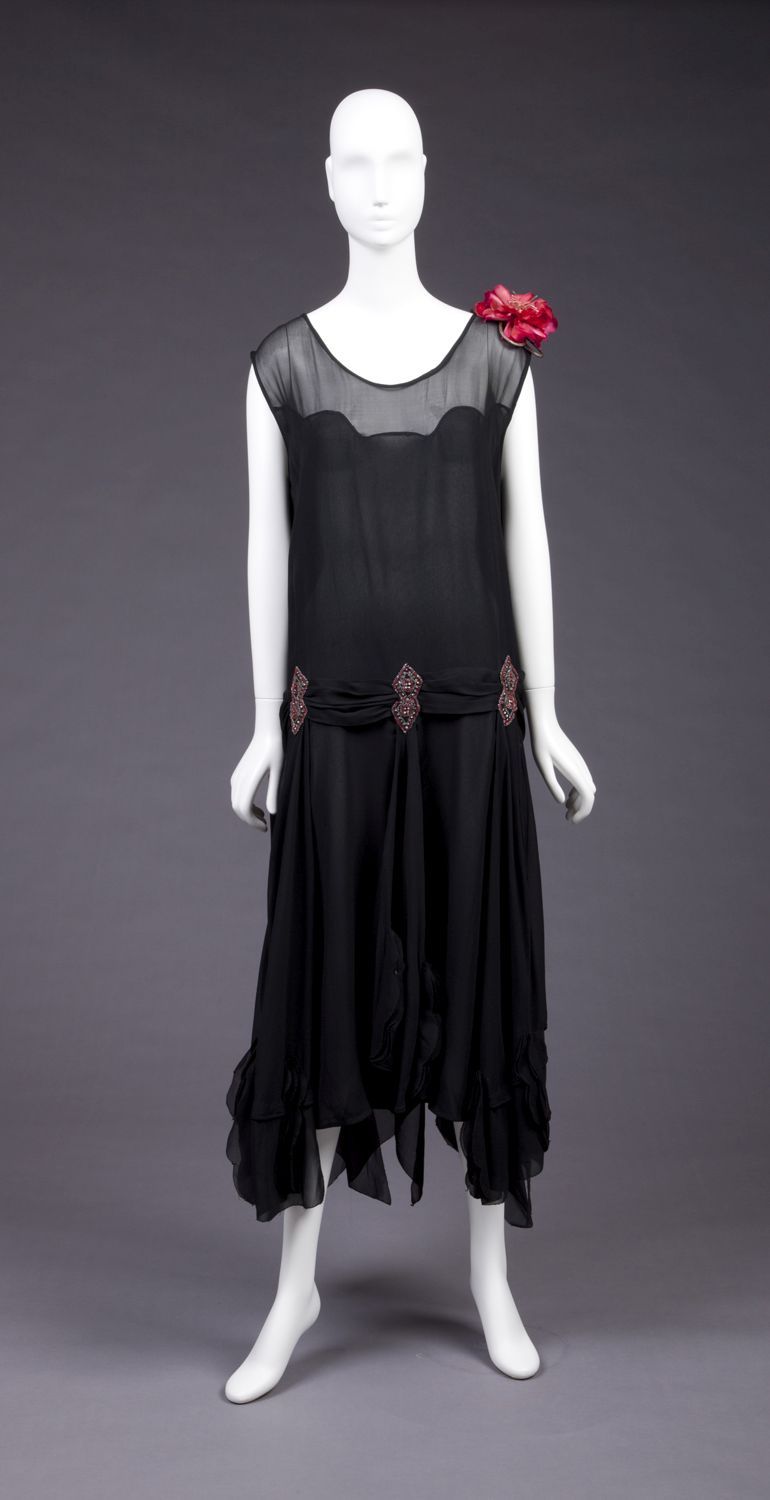
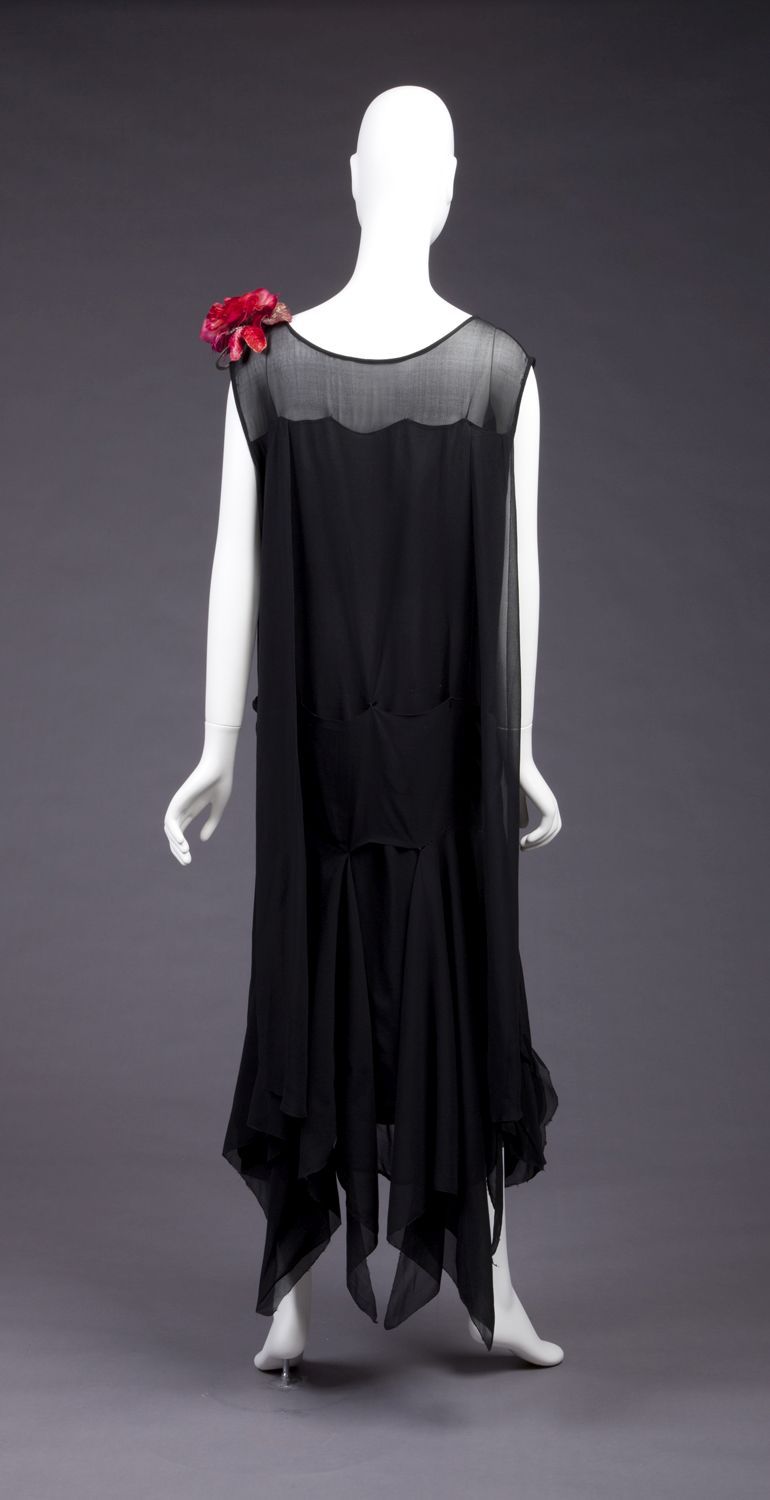
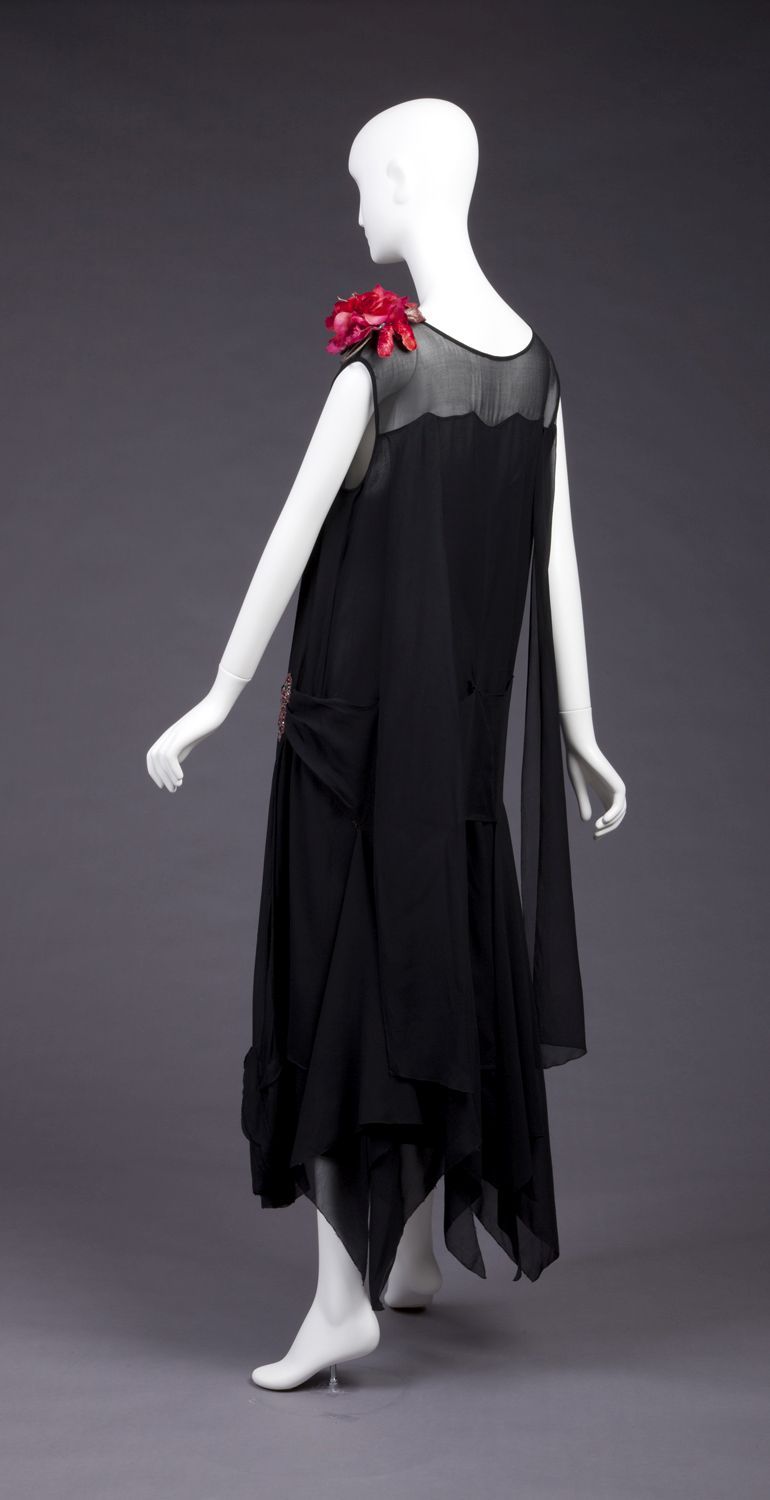
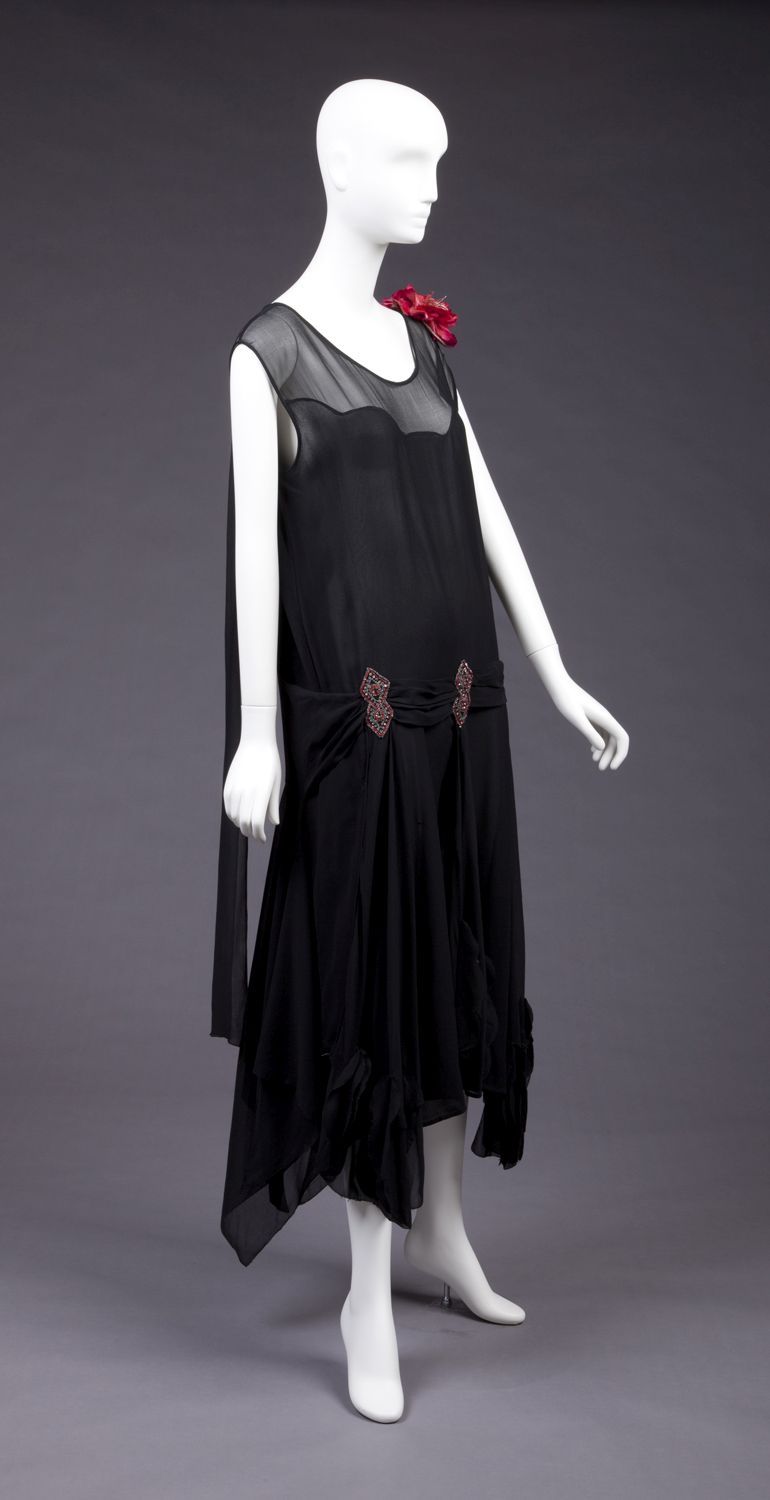


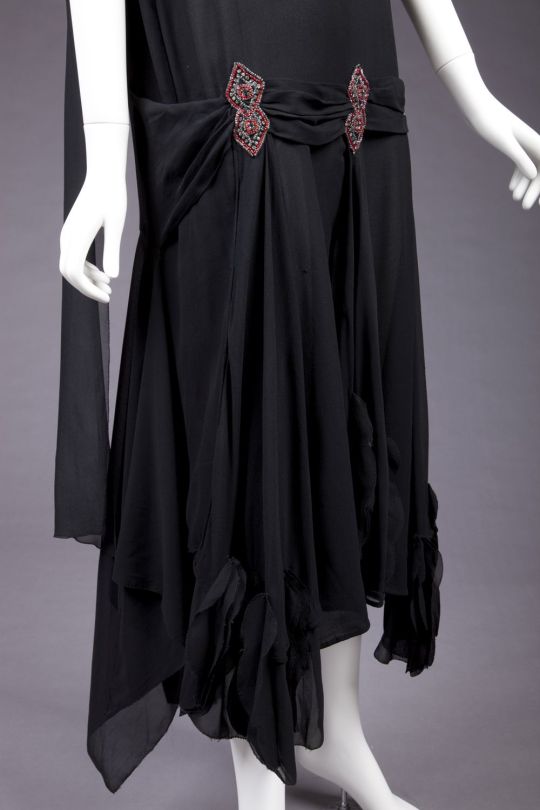
• Black Georgette Sleeveless Dress.
Date: 1925-1926
Medium: Bead, rhinestone
#fashion history#history of fashion#dress#fashion#vintage clothing#vintage fashion#vintage#vintage dress#1920's fashion#1920's#1920's dress#georgette#georgette dress#black dress#1925#1926
534 notes
·
View notes
Text

Swashtober 9 is Prudence Tremaine, from Georgette Heyer's absolutely wonderful 1928 romance novel THE MASQUERADERS. When Prudence and her brother have to hide out because of their father's involvement in the Jacobite Uprising, they drag up and go into London society, where Prudence keeps finding herself having to fight off folks with swords, while her brother spends his time flirting with everyone. The romantic lead is great, too - he's basically Mr. Darcy as played by Dave Bautista.
#Georgette Heyer#Romance#Romance Novels#Romance Fiction#Prudence Tremaine#Historical Romance#Swashbuckler#Swashtober#October Drawing Challenge#October Art Challenge
78 notes
·
View notes
Text

Huevember: Day 20 - Georgette & Rita
Oliver & Company (1988)
#huevember#huevember 2023#oliver & company#georgette#rita#oliver and company#animation#fanart#art challenge#my art
354 notes
·
View notes
Text








kate's 365 days of ships:
day 2: simon basset & daphne bridgerton bridgerton
#saphneedit#dailybridgerton#weloveperioddrama#bridgertonedit#perioddramaedit#perioddramacentral#periodedit#gifshistorical#userdiamond#userbecca#userlisa#*mygifs#bs1meme#*bridgerton#*daphnebridgerton#*simonbasset#*simonxdaphne#c:simon basset#c:daphne bridgerton#otp:bridgerset#otp:i burn for you#tv:bridgerton#k365ships#polin is alwyas number one and i love kanthony/georgette but they hold a special place in my heart since i started watching bc of them
167 notes
·
View notes
Text
The Georgette Heyer Master List
Is it just me, or has Georgette Heyer kind of... gone away? Ten, maybe fifteen years ago, she was a name I'd hear quite often. Especially in the circles of science fiction and fantasy fandom that also overlapped with the avid readership of Jane Austen or Patrick O'Brian, she was often recommended as a sort of Austen methadone. Over at Tor.com, as it was then known, fantasy author Mari Ness did a whole season of reading through Heyer's voluminous back-catalogue. These days, even as romance writing—and especially Regency romance, the subgenre that Heyer arguably created—has gained enormous mainstream visibility, and as science fiction and fantasy romance has become its own wildly successful subgenre, Heyer seems to come up less and less. One might have expected the success of Bridgerton, for example, to inspire some film or TV adaptations of her books (it was, after all, the reason the Austen fanfic series Sanditon came back from being cancelled after its first season), but so far nothing.
This might be one of those cases where the answer is contained in the question. The reason fewer people are reading Heyer is that, although she more or less created Regency romance, there are so many people writing within it now that readers looking for something like Jane Austen, but not quite, have a lot of other options on offer. Which makes it easier to notice the problems with Heyer, or simply the ways in which her style has fallen out of fashion. There is no sex in her books (and no queerness, obviously), but there are poisonous sexual mores—all her heroes have had mistresses who are, quite obviously to them and everyone around them, not the sort of woman one marries, while her heroines, even at the moment of declaring their love to their HEA, feel obliged to "resist" any physical display of affection. Her books are rife with chauvinism, antisemitism, and most of all classism (and frankly, I think the only reason racism is absent is that everyone in these books is white), and while this is arguably more realistic than a lot of starry-eyed modern Regency romances, it is also a reflection of Heyer's own prejudices.
Still, I took in all those recommendations a decade or more ago, and while I may be slow I will usually get around to reading something if a lot of people tell me I should. In the last year I've ended up reading a lot of Heyer—mostly stuff I had in my enormous TBR, or found at a used bookstore, or at the local library, so there's not a lot of intentional choice happening here. I'm not here to say that Heyer is an overlooked gem. All those problems noted above are very much present in her writing, and in addition she has some favorite tropes that she goes back to again and again—in a mere twelve books, the plot strand in which one character is kidnapped across the channel to France, while another character pursues them, going deep into the logistics of finding them and catching them up, recurs a surprising number of times. But she's nevertheless a more interesting writer than I think is commonly acknowledged today, more likely to pay attention to the psychology of her characters (and not in the modern, sometimes quite exhausting, therapy-speak way), and more interested in her setting (Heyer also wrote historical fiction, and some of her romances shade into that genre). I dipped into some of Julia Quinn's Bridgerton novels this year as well, and I have to say, beyond the fact that Heyer is just a better writer, it's a bit more palatable to encounter nasty sexual politics in novels written in the 40s and 50s, than to have to accept that the implied threat of sexual violence is but a stepping stone to true love from a writer whose books were published only twenty years ago.
Below are some thoughts on the Heyer books I've read so far. I will add to them when and as I read new ones, though I think I will continue to leave the selection of those books to happenstance.
S-Tier
Cotillion (1953) - This is the first Heyer I ever read, and to an extent it has spoiled me for the rest of her writing by being such a high water mark. Kitty Charing has been informed by her guardian that she will be forced to marry one of his nephews, and instead decides to run off to the city to find her own match, with the help of gadabout Freddy. The two end up first pretending to be engaged, and then trying to throw Kitty in the path of eligible bachelors, while inevitably falling in love themselves. This is a great book first because it's extremely funny. Heyer had a great ear for the absurd slang of the fashionable London set, and gets a lot of mileage out of Kitty's cheerful refusal to let logic or common sense stop her, and Freddy's Regency himbo antics. More importantly—and rather rarely for Heyer's writing—Kitty and Freddy are true equals. They're both a bit silly and a lot sheltered, but also able to rise to the occasion when it's required, and they lock into each other's wavelength early in the novel and never let go. Inasmuch as they change each other, it's only in revealing that they are able to pull off audacious schemes when someone they care about needs them to, and you can imagine the two of them having a long, ridiculous partnership in crime for the rest of their lives.
Sylvester, or the Wicked Uncle (1957) - Informed that Lord Sylvester, who has a bad reputation that is only partly earned, is about to propose marriage to her, Phoebe runs off with her best friend Tom. When the two of them run into trouble on the road, they are rescued by none other than Sylvester, which throws him and Phoebe together for extended periods, with predictable results. This format—older, powerful man; younger, sheltered woman—is one that Heyer returns to quite often, but it works better here than in any other of her novels. Sylvester isn't cruel or a rake; he's arrogant and high-handed, though often with some justification (most of his bad reputation comes from his self-absorbed, thoughtless sister-in-law). Phoebe isn't a naif, but an intelligent woman with a hidden career as an author that she's quite devoted to. The two of them develop a compelling friendship long before they fall in love, rooted in the fact that they are often the smartest person in the room, and able to help each other steer a tricky situation towards calm waters. The twist that threatens their relationship—before meeting him, Phoebe wrote a novel in which the villain was a thinly-veiled version of Sylvester—is highly original, and the novel's final act, in which Sylvester must pursue Phoebe and his kidnapped nephew into France, is one of the most hilarious sequences I've ever read. By the time the two get together, it's obvious that they could only be happy with each other.
Good
False Colors (1963) - Returning from his diplomatic post abroad, Kit Fancot discovers that his twin brother Evelyn has disappeared, right before he was about to propose to Cressida Stavely. Persuaded by his mother to impersonate his twin for one night, Kit quickly finds himself hosting Cressida and a whole raft of other characters in his country home, while trying to keep up the charade and, of course, keep from falling in love with Cressida himself. This is a book that's interesting more for the background than the main romance—Kit and Cressida are quite sweet, but more because they're a point of calm amidst the chaos of all their relatives and friends. But it's that chaos—especially Kit's mother, an airheaded inveterate gambler whom Kit nevertheless adores— that is the real source of the novel's fun. The fact that Kit and Cressida are able to put all the various crises around them to rest is what convinces you that they will be a good couple, but it's not their further adventures that you'd like to follow.
Charity Girl (1970) - While visiting relatives, Ashley Desford encounters Charity Steane, the penniless ward of a family who are mistreating her. When Ashley later finds Charity running away, he convinces her to let him try to find her a respectable situation, and places her with his childhood friend Henrietta Silverdale. In any other novel you'd expect Ashley and Charity to fall in love (and indeed this is what several characters in the novel assume—when they're not assuming something more salacious). Instead, Ashley's efforts to untangle Charity's family situation, get the best of her odious relatives, and find a safe place for her are a method of throwing him in company with Henrietta, whom he has for years insisted is only a friend. It turns out that Ashley and Henrietta, having rebelled against their families' plan to marry them off at a too-young age, have been shame-facedly pretending that they haven't fallen in love for ten years, and it's only by becoming jointly responsible for Charity that they can work their way around this predicament. The stakes aren't particularly high, but the scenario is original enough (especially for Heyer) to make this a worthwhile read.
Interesting
These Old Shades (1926) - Infamous rake Justin Alastair encounters a runaway, Léon, on the streets of Paris and takes him in as his page. It doesn't take long to realize that Léon is actually Léonie, but the untangling of her convoluted family history—a tale of swapped babies, mistaken identities, and false heirs—is the business of much of the novel, during which, of course, Justin and Léonie also fall in love. The potboiler plot is quite fun, as is Léonie herself—having pretended to be a boy for years, she is at once indifferent to the mores she's expected to adopt as a respectable young lady, and immediately won over by fancy clothes and balls, which allows her to triumph over opponents in both high and low society. But this can't quite get around the problem that Justin is twice Léonie's age, and also a pretty bad person (the character previously appeared in The Black Moth (1921), where he was the villain, and a subplot in These Old Shades even throws Justin into the company a woman he had kidnapped in the previous book). Despite the force of Léonie's argument that she actually wants to be with Justin, this is a book better enjoyed for its rollicking, adventurous middle than its romantic conclusion.
An Infamous Army (1937) - Heyer was simply mad for the Napoleonic wars, and this is one of several books she wrote set in and around them. As aristocrats and officers await the arrival of Napoleon's army in Brussels, Colonel Charles Audley encounters Lady Barbara Childe, a widow with a scandalous reputation. The two feel an instant, powerful attraction, but end up having to navigate Barbara's habit of playing games with her suitors, and Charles's impatience with them, before the battle of Waterloo erupts and forces them both to confront more pressing issues while also realizing the depth of their feelings for each other. It's nice to have a central couple who are older, more experienced people, but An Infamous Army steps away from Charles and Barbara quite often. Sometimes this is quite interesting—the absurdity of 18th century warfare, with Wellington throwing balls for the who's who gathered in Brussels while everyone debates when to flee the city—and at other points quite tedious—several subplots in which Charles's extended family play forgettable matchmaking games. In the end, however, Heyer's interest is in Waterloo itself, with the novel culminating in an 80-page, blow-by-blow description of the battle. This can sometimes be quite moving, when it captures the sheer extent of the carnage, or the confusion of individual officers. But mostly it's just descriptions of military tactics, which is not what I signed up for when I picked up a Regency romance. By the time Charles and Barbara find their way back to each other, you'll mostly be feeling exhausted rather than overjoyed.
A Civil Contract (1961) - Adam Deveril is called home from the peninsula by the news that his father, a viscount, has died, and that the family finances are in such dire straits that Adam may be forced to sell their ancestral estate. The only solution, Adam is quickly made to realize, is for him to marry rich, to which end he's introduced to Jenny Chawleigh, the daughter of a fantastically rich but boorish merchant. In most books we'd expect Adam and Jenny to fall in love, and it takes a while to realize that this is not going to happen. Adam continues to think wistfully about Julia, the woman he had been attached to before his finances made the idea of proposing to her impossible, and the narrative is at pains to point out that he doesn't feel any attraction towards Jenny. What A Civil Contract is about, instead, is class relations. The complicated push and pull between Adam and Jenny's father Jonathan as they negotiate one's social position, and the other's wealth; the delicate negotiations between Adam and Jenny as she learns to understand the importance of tradition to him, and he realizes that she is actually capable of being a great viscountess if he just trusts her a little. The whole thing is a lot more Edith Wharton than Jane Austen, with some great scenes in which Adam is torn between genuine appreciation of Jonathan's energy and intelligence, and disgust at his determination to tear down everything old and replace it with whatever is newest and most expensive. In the end, however, it's all a bit too bleak, and Heyer doesn't quite have the courage to let us sit with that. She tries to assure us that Adam and Jenny have found a genuine partner in each other, and that this, too, is a form of love, but this is not very convincing. In the hands of another author, A Civil Contract would have been the half-tragedy it actually is.
Meh
The Convenient Marriage (1934) - Intending to propose to the eldest Winwood sister, who is already in love with someone else, the Earl of Rule is persuaded, by her younger sister Horatia, to marry her instead. That's basically the story—a marriage of convenience for both parties that turns into a romance. But while in other books Heyer has made a meal of this premise, The Convenient Marriage never convinces you of either its lovers being especially suited to each other, or the rather thin obstacles it places in their path. There are some interesting worldbuilding details—some information about how the invitations to Almack's used to work, or about the mechanics and norms of duel-fighting. And towards the end, there are some good scenes in which Horatia has to outsmart a kidnapper, or her brother has to arrange a highway robbery to retrieve a stolen jewel that might destroy her reputation. But ultimately, the fact that this is all in service of a couple who aren't particularly engaging (and whose age difference—35 and 17—is hard to get over) makes the whole thing a bit of a slog.
Cousin Kate (1968) - Kate Malvern is at the end of her rope, having been chased off yet another governess position by an employer with wandering hands, when a long-lost aunt invites her to visit her country home. When Kate arrives, she soon realizes that her aunt Minerva plans to pressure her to marry her cousin Torquil, and that there are secrets in the estate and the family that are being kept from her. This is Heyer working in the Gothic mode, complete with an isolated great house, a young woman being manipulated and lied to, and a dreadful family secret. It's reasonably well done for what it is, but there were better authors than Heyer working in the Gothic mode—by 1968 you could have read something like Mary Stewart's The Ivy Tree (1961) or Nine Coaches Waiting (1958), both of which do much more interesting, innovative things with the Gothic form than Heyer is even attempting. Finally, there is the fact that the dark secret being kept from Kate has to do with mental illness, whose handling is as tragic and sensationalized as you might expect from this author and era.
Yikes
Devil’s Cub (1932) - The sequel to These Old Shades, this book centers on Justin and Léonie's son Vidal, who has all of his parents' faults and none of their charms. After killing a man in a duel, he schemes to run off with a silly middle class girl, whom he of course feels no compunction about ruining. When her sister Mary takes her place, Vidal is shocked to realize that he has compromised a "respectable" woman, and tries to convince her to marry him. There are further twists, but none of them can get around the fact that the main character of this book is odious, and that the supposed love story between him and the girl he has kidnapped and ruined is highly unconvincing. Not helping matters is that an older Léonie periodically appears to explain that her son has done nothing wrong and that marrying Mary will obviously be the best thing for him, which frankly feels too much like the voice of the author for comfort.
The Spanish Bride (1940) - Based on the real experiences of Captain Harry Smith and his Spanish war bride Juana, this is another novel deeply rooted in the minutiae of the Napoleonic wars, beginning on the peninsula and culminating, of course, in Waterloo. In itself this might simply be boring, but right off the bat we get a scene in which Harry and other officers stand back while their soldiers, enraged after the bloody siege of Badajoz, murder and rape their way through the town for several days. Harry's marriage to Juana is arranged in the wake of this atrocity as a means of protecting her, despite her being only fourteen years old. The rest of the novel is spent careening between detailed descriptions of various battles, and cutesy interludes between Harry and Juana as they settle into their marriage—Harry often exasperated by Juana's stubbornness and emotional outbursts (I don't know, man; if you didn't want a wife who behaves like a child, maybe you shouldn't have married a child); Juana almost slavishly devoted to him but also prone to jealousy and anxiety. (Harry Smith left copious journals so one assumes his side of the story is fairly realistic; Juana Smith's feelings on the whole matter are, as far as I know, lost to history.) The whole thing is alternately boring and gross.
The Grand Sophy (1950) - Charles Rivenhall is informed that his family will play host to their cousin Sophy, whose diplomat father is being sent abroad. Accustomed to keeping house for her father, Sophy quickly takes over the Rivenhall household, rearranging her cousins' financial and romantic lives while a stunned Charles is at first outraged, and then won over. This is a solid premise, but the execution is appalling. Sophy is a bulldozer who interferes in people's lives not because she cares about them but because she always thinks she knows better, and eventually she comes to feel more like a bully than a savior. That Charles is attracted to these qualities might be taken as a defensive trauma response (or, in the hands of a more open-minded author, a kinky tendency), but at no point did I even begin to believe that Sophy had any romantic interest in him (there are a number of Heyer characters who would make a lot more sense if they were queer, but Sophy, in particular, is so clearly a lesbian that the very idea of her happily married to a man breaks one's brain). Adding insult to injury is a lengthy sequence in which Sophy "defeats" an odious Jewish moneylender—read, a collection of poisonous antisemitic stereotypes in human form—whom her cousin has borrowed money from and who, completely unreasonably, expects to be paid back until Sophy threatens him with a gun. I will no doubt ruffle some feather by placing this book—generally held to be one of Heyer's best—so low, but reading it nearly put me off her for life.
38 notes
·
View notes
Text









books I’ve read in 2024 📖 no. 079
These Old Shades by Georgette Heyer
“My enfant,” he said, “duchesses do not dance on chairs, nor do they call their brothers ‘imbécile’.”
“I do.”
85 notes
·
View notes
Text
AAAAAA THEM <3

#the owl house#eda clawthorne#raine whispers#lilith clawthorne#darius deamonne#alador blight#perry porter#odalia blight#darius perry and odalia don’t have canon palismen so I made them one#darius has a maned lioness palisman named georgette#perry has a platypus palisman named finn#odalia has a white tigeress palisman named colette#get it? perry has a platypus palisman? named FINN?#mlp#ponytown#ponytown edits
88 notes
·
View notes